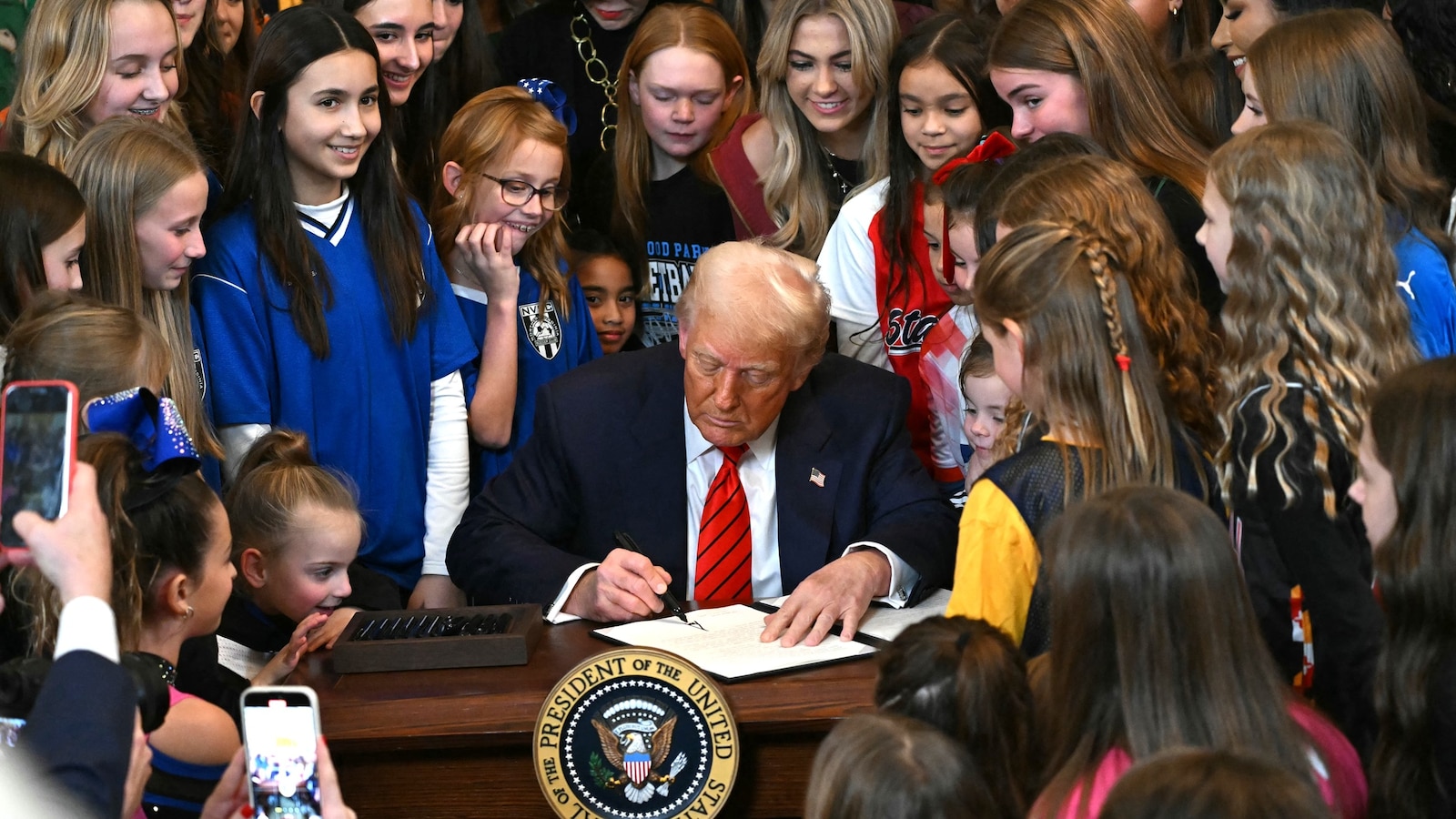New UK Policy: Limiting Student Visas From High-Asylum Countries

Table of Contents
The Rationale Behind the New Policy
The UK government justifies the new student visa restrictions by citing concerns over potential abuse of the system. They argue a need to differentiate between genuine students seeking education and individuals attempting to use student visas as a pathway to asylum. The stated aim is to maintain stricter immigration control and ensure that only those genuinely intending to study are granted visas.
- Concerns about visa abuse: The government claims a rise in instances of individuals exploiting the student visa system to gain entry to the UK and subsequently apply for asylum.
- Focus on genuine students: The policy aims to streamline the application process, focusing resources on verifying the genuine intent of students and eliminating fraudulent applications.
- Maintaining immigration control: The government emphasizes that this policy is a component of a broader strategy to control immigration into the UK.
- Data and statistics: While specific data supporting these claims has been limited in public releases, the government points to general trends in asylum applications and visa refusal rates to justify the policy. Further transparency on this data is needed to fully understand the policy's justification.
Which Countries are Affected?
The new policy specifically targets countries identified by the UK government as "high-asylum" countries. While the exact list remains fluid and subject to review, it typically includes nations experiencing significant internal conflict or political instability, resulting in high numbers of asylum applications from their citizens.
- Criteria for classification: The UK government considers factors such as UNHCR data on refugee populations, asylum application rates to the UK, and overall political and social situations in each country when determining which nations to include on this list.
- Geographic distribution: The affected countries are geographically diverse, reflecting global hotspots of conflict and displacement.
- Impact on specific student populations: The policy disproportionately affects students from these regions, potentially limiting their access to higher education in the UK. This raises concerns about the policy's fairness and potential for creating educational inequalities.
The Impact on Students and Universities
The consequences of this new policy are far-reaching, affecting both students and UK universities. Students from affected countries face increased difficulties in securing student visas, potentially leading to a significant decline in enrollment. For UK universities, particularly those relying on international students for revenue and diversity, this means significant financial and academic setbacks.
- Reduced student enrollment: A considerable decrease in student applications from affected countries is expected, negatively impacting university income and campus diversity.
- Financial implications for universities: Reduced international student enrollment translates directly to a loss of tuition fees and research funding, potentially impacting university budgets and planned initiatives.
- Challenges in maintaining diversity: A drop in international students from specific regions reduces campus diversity, limiting exposure and intercultural exchange for all students.
- Impact on research collaborations: Reduced student and faculty mobility hampers international research collaborations, potentially slowing progress in various academic fields.
Criticisms and Public Response
The new policy has faced strong criticism from various quarters, including students, academics, human rights organizations, and members of the public. Concerns have been raised regarding the policy's fairness, potential discriminatory impact, and overall effectiveness.
- Arguments against fairness and effectiveness: Critics argue that the policy is overly broad and fails to distinguish between genuine asylum seekers and students. They also express concern that it is an ineffective approach to controlling immigration.
- Concerns about discrimination: The policy is criticized for potentially disproportionately affecting specific ethnic or national groups, raising concerns about discrimination and unequal access to education.
- Legal challenges and protests: There have been calls for legal challenges to the policy and protests against its implementation, highlighting the intense public debate surrounding this issue.
Conclusion: New UK Policy: Long-Term Implications and Call to Action
The new UK policy limiting student visas from high-asylum countries is a complex issue with significant implications for international students, UK universities, and the broader immigration debate. The policy's rationale, while emphasizing immigration control and preventing visa abuse, has raised considerable concerns about fairness, discrimination, and its impact on academic diversity and international collaboration. The long-term effects of this policy remain uncertain, demanding ongoing monitoring and critical assessment. Stay informed about further developments in the UK student visa policy and its effects on students from high-asylum countries. Understanding these changes is crucial for both prospective students and the UK's higher education landscape.

Featured Posts
-
 To Buy Palantir Stock Or Not Considering The May 5th Deadline
May 10, 2025
To Buy Palantir Stock Or Not Considering The May 5th Deadline
May 10, 2025 -
 Americas First Non Binary Person A Life And A Legacy Lost
May 10, 2025
Americas First Non Binary Person A Life And A Legacy Lost
May 10, 2025 -
 Investigation Into Nottingham Attacks Leads To Police Misconduct Meeting
May 10, 2025
Investigation Into Nottingham Attacks Leads To Police Misconduct Meeting
May 10, 2025 -
 Broadcoms V Mware Acquisition At And T Reveals Potential 1 050 Cost Surge
May 10, 2025
Broadcoms V Mware Acquisition At And T Reveals Potential 1 050 Cost Surge
May 10, 2025 -
 The Impact Of Trumps Executive Orders On The Transgender Community A Call For Stories
May 10, 2025
The Impact Of Trumps Executive Orders On The Transgender Community A Call For Stories
May 10, 2025
